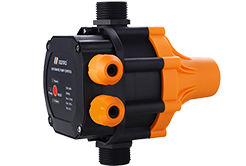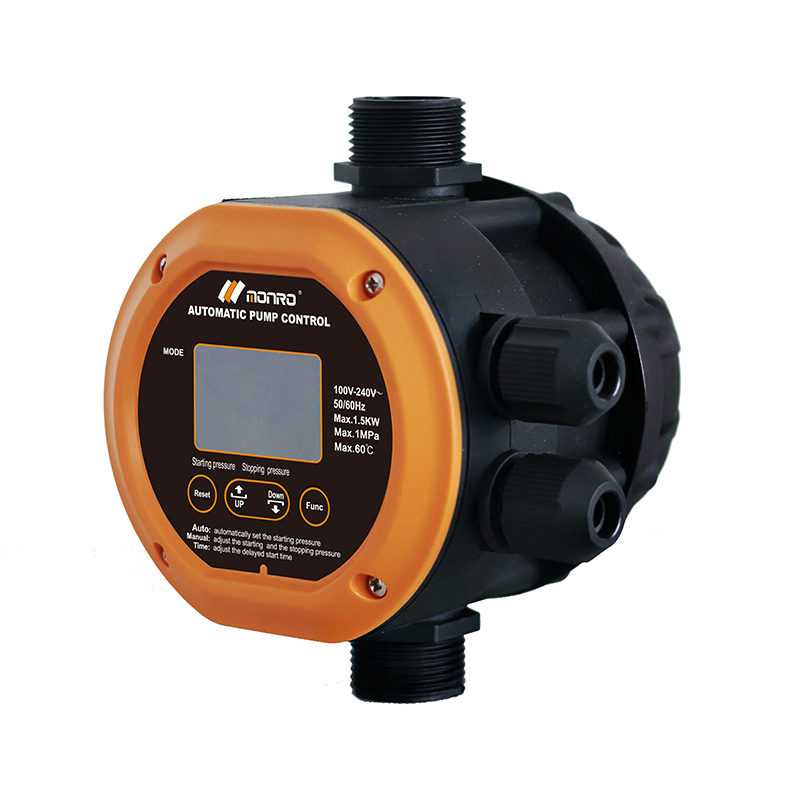Don't hesitate to send a message
Web Menu
Product Search
Exit Menu
How a Pressure Switch Factory Implements Measures to Prevent False Triggering of Products
Introduction to False Triggering Challenges in Pressure Switches
False triggering, or unintended activation, of pressure switches is a significant issue in various industrial applications. Such occurrences can cause operational disruptions, safety risks, and increased maintenance costs. A Pressure Switch Factory understands these challenges and adopts rigorous design, manufacturing, and testing protocols to decrease the chances of false activations, ensuring that each product performs reliably under real-world conditions.
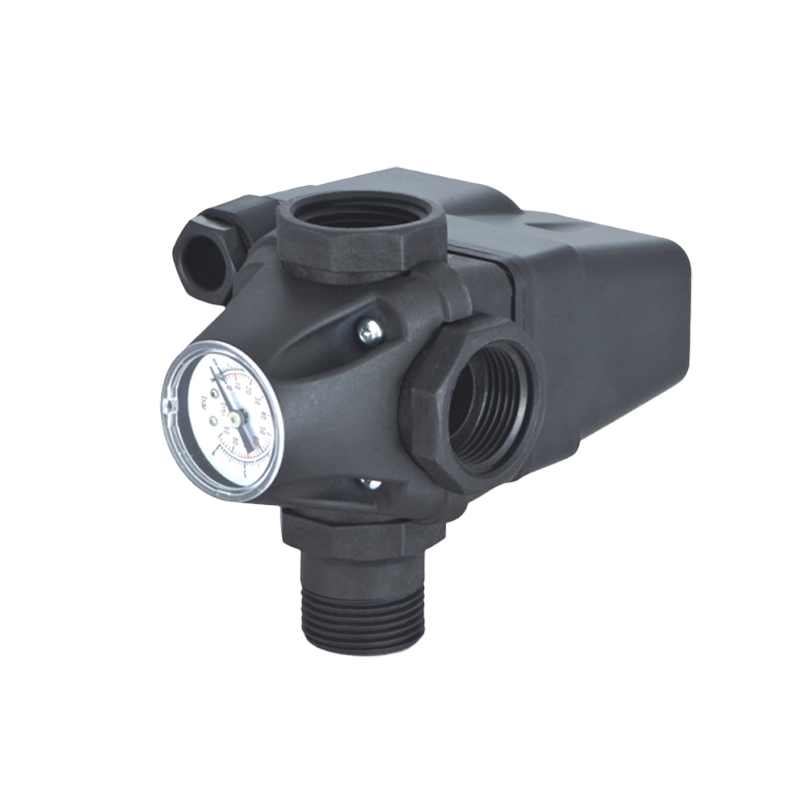
Advanced Design Features to Enhance Stability
One of the primary ways a Pressure Switch Factory prevents false triggering is by incorporating advanced design elements that improve switch stability. This includes selecting sensitive but robust sensing elements that accurately respond only to genuine pressure changes, and designing the internal mechanisms to decrease the effects of vibration or transient pressure spikes. Features like adjustable differential settings allow fine-tuning of activation thresholds, reducing the possibility of triggering from minor pressure fluctuations.
Use of Quality Materials and Components
Material quality directly affects a pressure switch’s susceptibility to false activations. The Pressure Switch Factory carefully selects materials that resist wear, corrosion, and thermal expansion, which could otherwise cause mechanical misalignments or signal drift, causing false trips. Durable springs, precise diaphragms, and reliable electrical contacts contribute to consistent performance, reducing errors caused by component degradation.
Precision Manufacturing and Calibration
Accurate manufacturing processes and strict calibration protocols are vital to preventing misoperation. Within the Pressure Switch Factory, components are produced with tight tolerances, ensuring consistent assembly and operation. After assembly, each pressure switch undergoes calibration to verify that it triggers only within specified pressure ranges. This calibration is often done using automated systems that enhance repeatability and reduce human error, ensuring that switches operate correctly in their intended applications.
Mitigation of Environmental Influences
Environmental factors like vibration, electrical noise, temperature fluctuations, and humidity can cause false triggering. The Pressure Switch Factory implements protective measures such as vibration-resistant mounting designs, electrical shielding, and environmental sealing to safeguard the switch’s sensitive parts. These measures reduce the influence of external disturbances, thereby enhancing operational reliability and reducing false activations.
Rigorous Testing and Quality Assurance
Testing is essential to identify potential false triggering before products leave the factory. Pressure switches are subjected to simulations of real-world operating conditions, including pressure cycling, vibration tests, and electrical interference assessments. These tests help to detect weaknesses in design or manufacturing that could cause misoperation. The Pressure Switch Factory’s quality assurance process includes rejecting or reworking any units that do not meet strict performance criteria.
Installation Guidelines and User Support
The Pressure Switch Factory also emphasizes correct installation as a key factor in preventing false triggering. Improper mounting, placement near turbulent flow, or exposure to excessive vibration can compromise switch performance. Providing detailed installation manuals, training, and technical support helps customers deploy the switches correctly, ensuring that factory efforts to reduce false activations are not undermined in the field.
Continuous Improvement through Feedback
Finally, ongoing feedback from customers and field data analysis allows the Pressure Switch Factory to continuously improve its products. Insights gained from operational issues cause design refinements, updated manufacturing techniques, and enhanced testing procedures. This cycle of feedback and improvement ensures that new generations of pressure switches become progressively more reliable and less prone to false triggering.
-
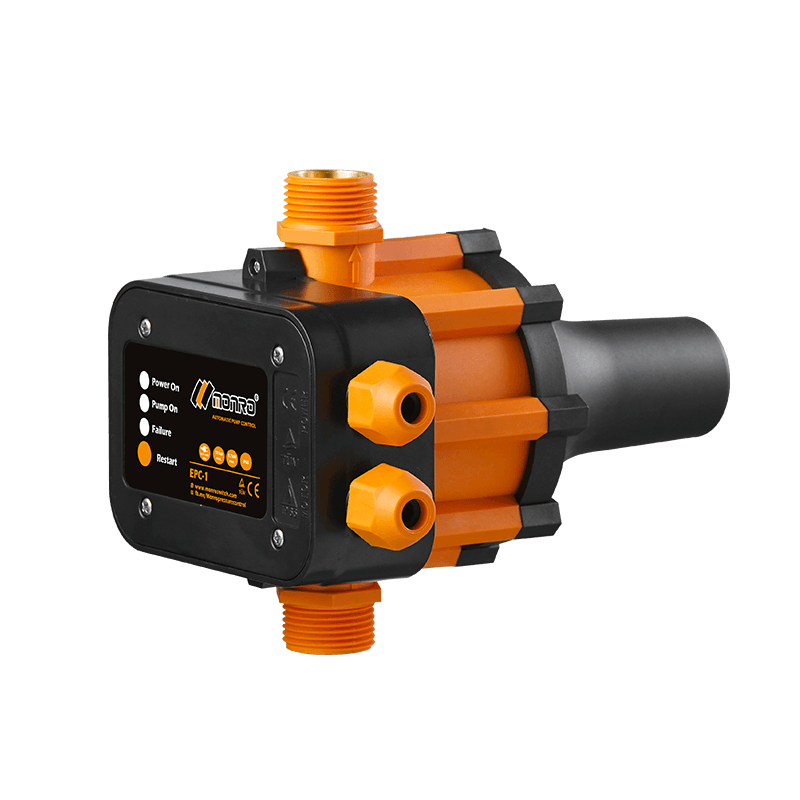 EPC-1
EPC-1Monro EPC-1 model pump controller is the classic and basic type, was loved by user in the global mar...
-
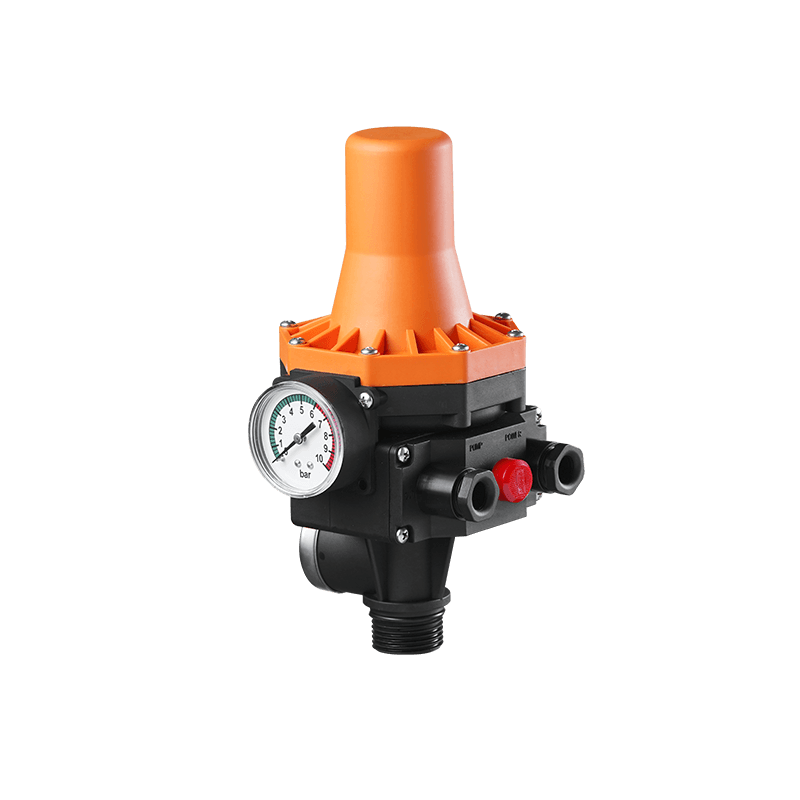 EPC-3
EPC-3Monro EPC-3 spain design auto on and off press control, an intelligent and economical system designe...
-
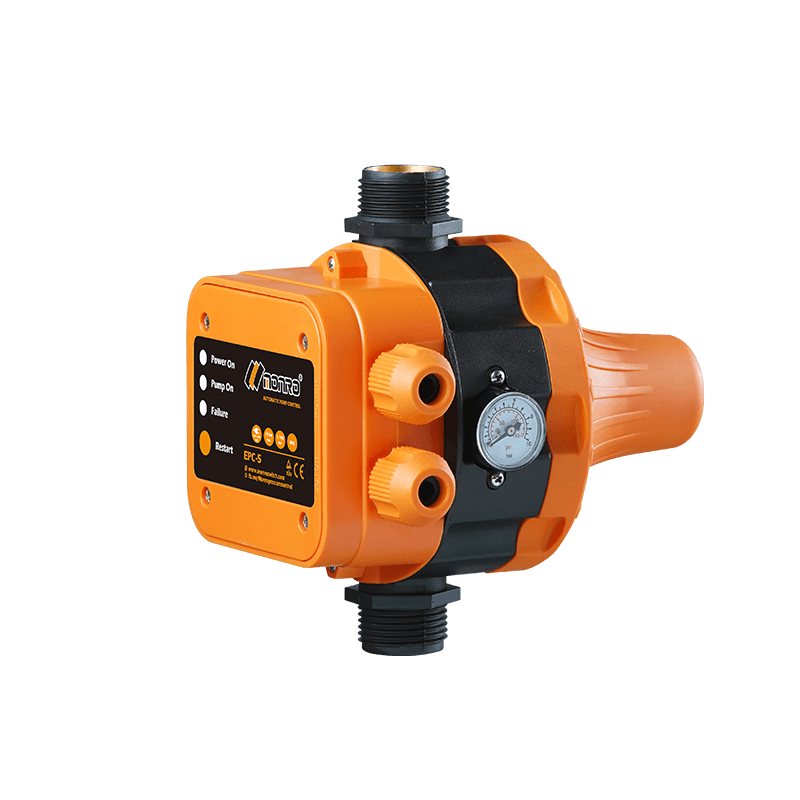 EPC-5
EPC-5Monro EPC-5 model automatic pump control, a device which assembled on the water pump (recommended si...
-
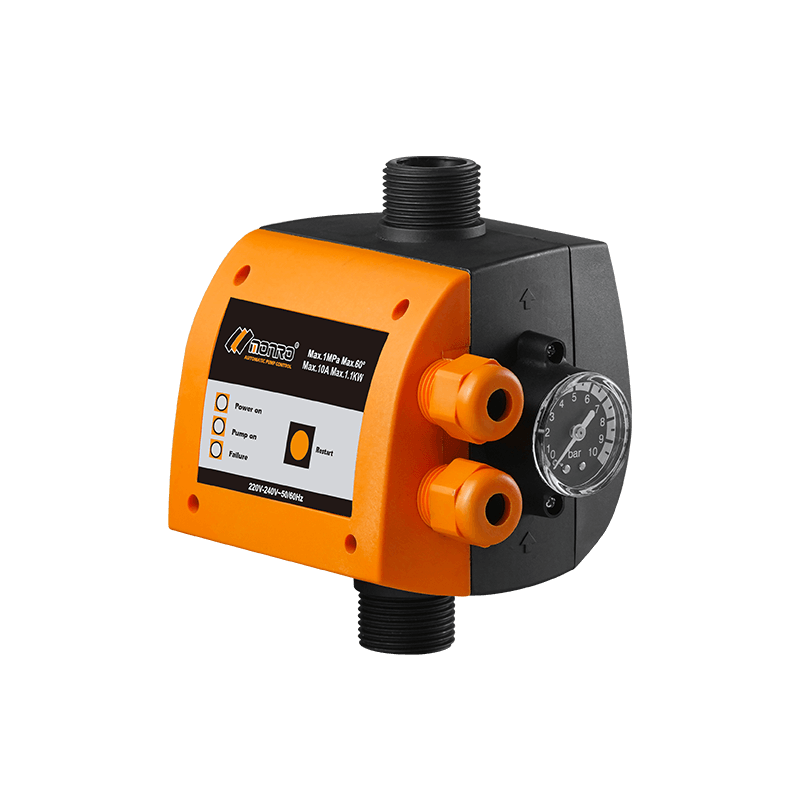 EPC-9
EPC-9Monro EPC-9 model pressure controller, is a big power device for automatic control and protection of...
-
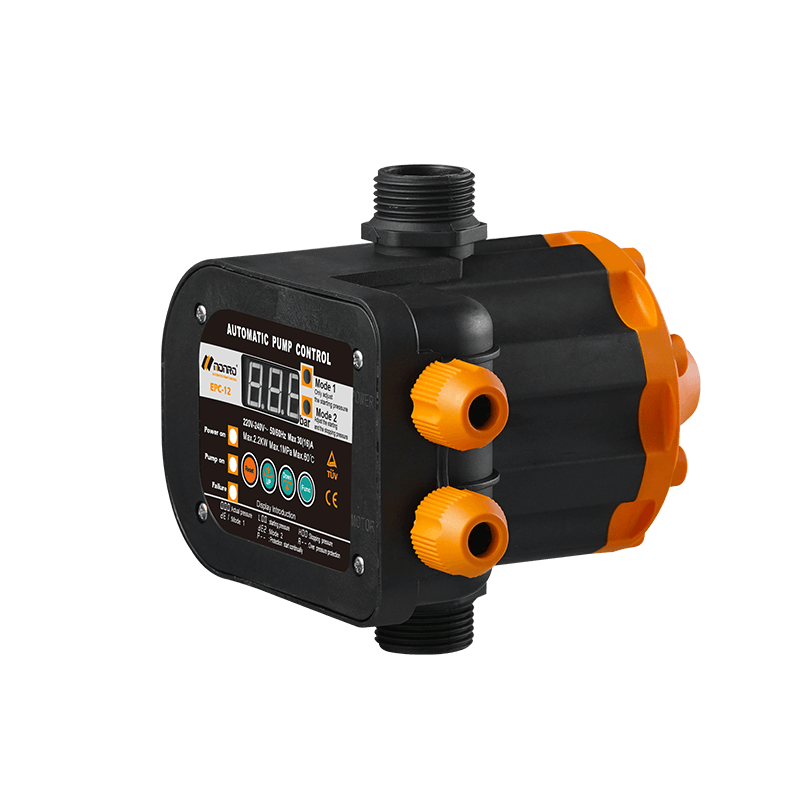 EPC-12
EPC-12Monro EPC-12 smart top-level automatic pump control is a multi-function model combined with traditio...
-
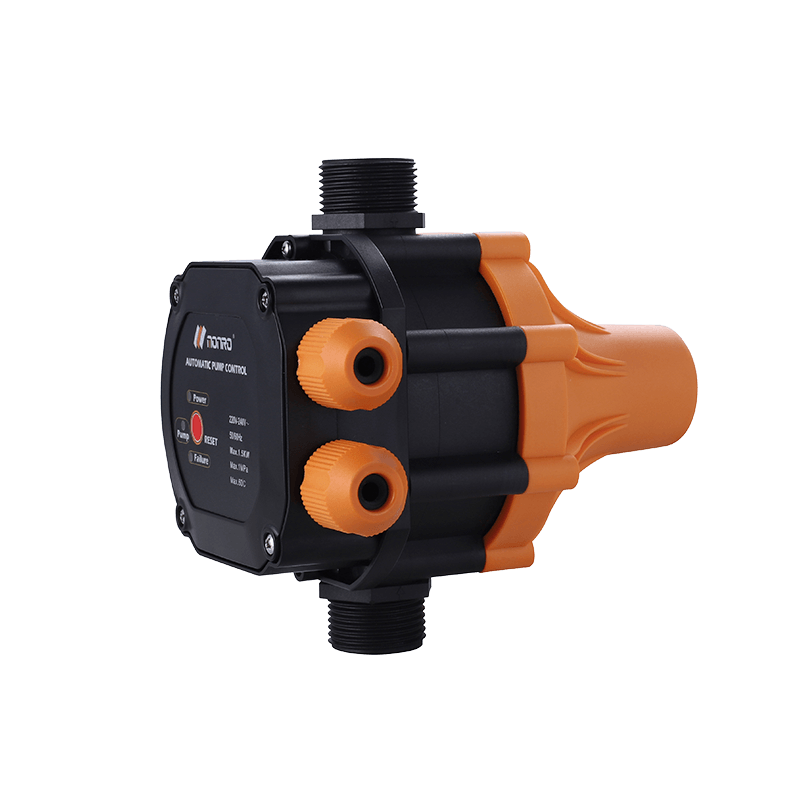 EPC-14
EPC-14Monro EPC-14 model pressure control is a big power device for automatic control and protection of el...
-
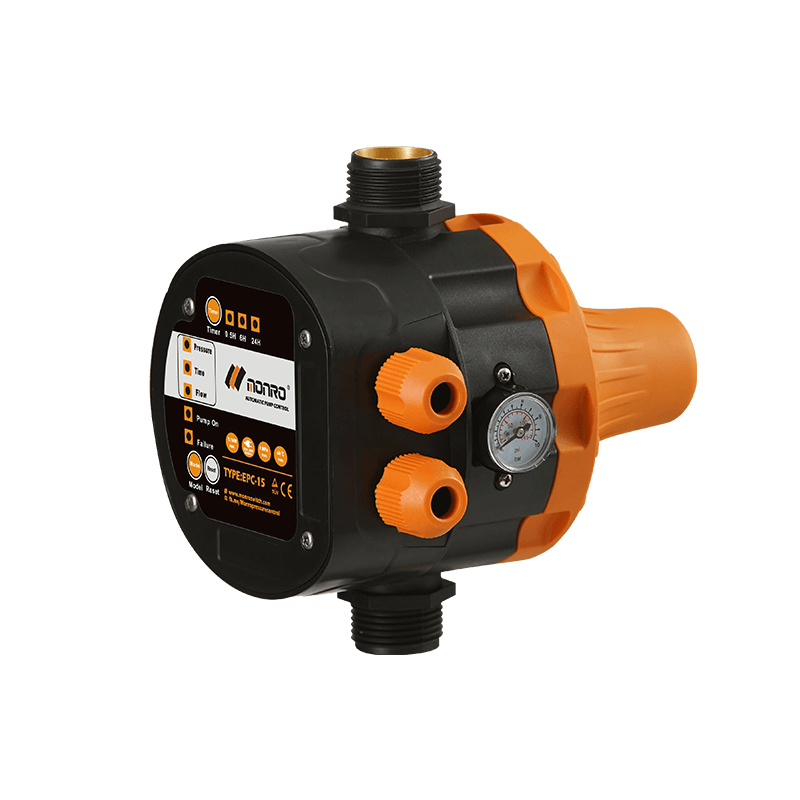 EPC-15
EPC-15Monro EPC-15 model automatic pump control, a device which assembled on the water pump (recommended s...
-
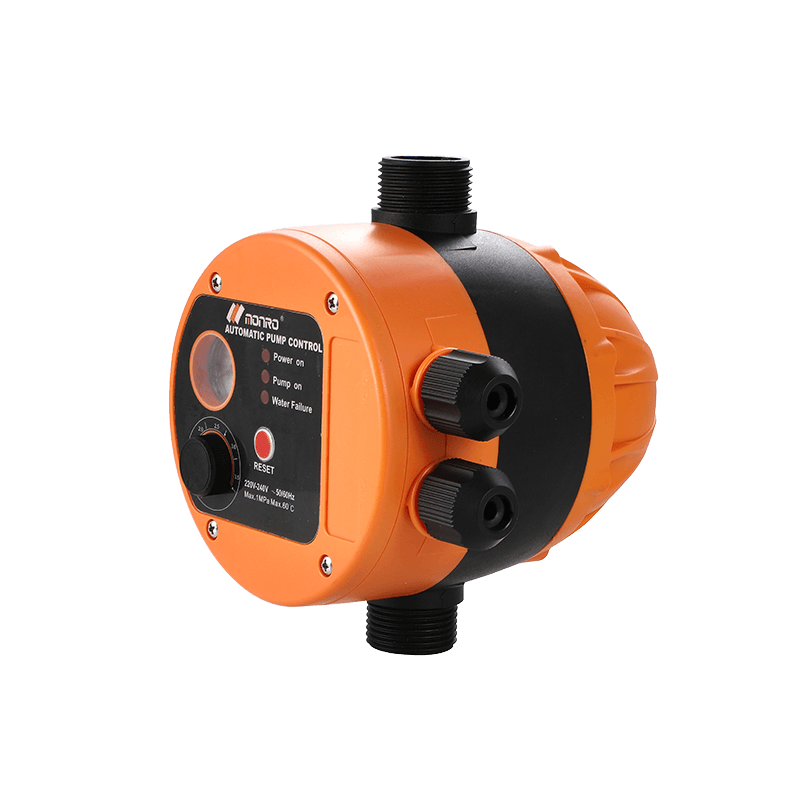 EPC-16
EPC-16EPC-16 is the new patent pump controller by Monro. Its key highlight is tooless (manual knob) start...
find our office
Committed to providing professional pressure control solutions for various types of water pumps and air compressors.

 简体中文
简体中文 English
English Español
Español